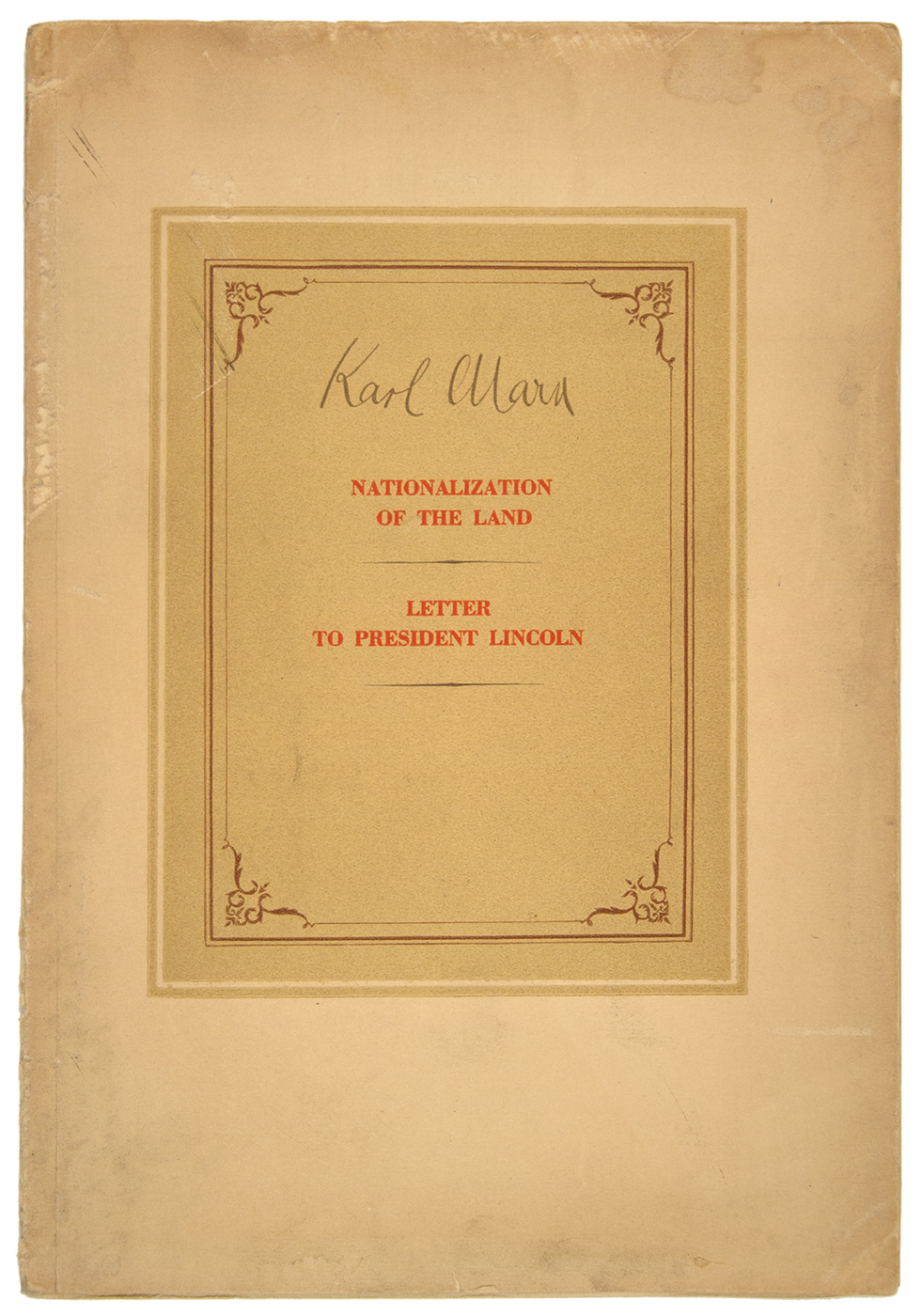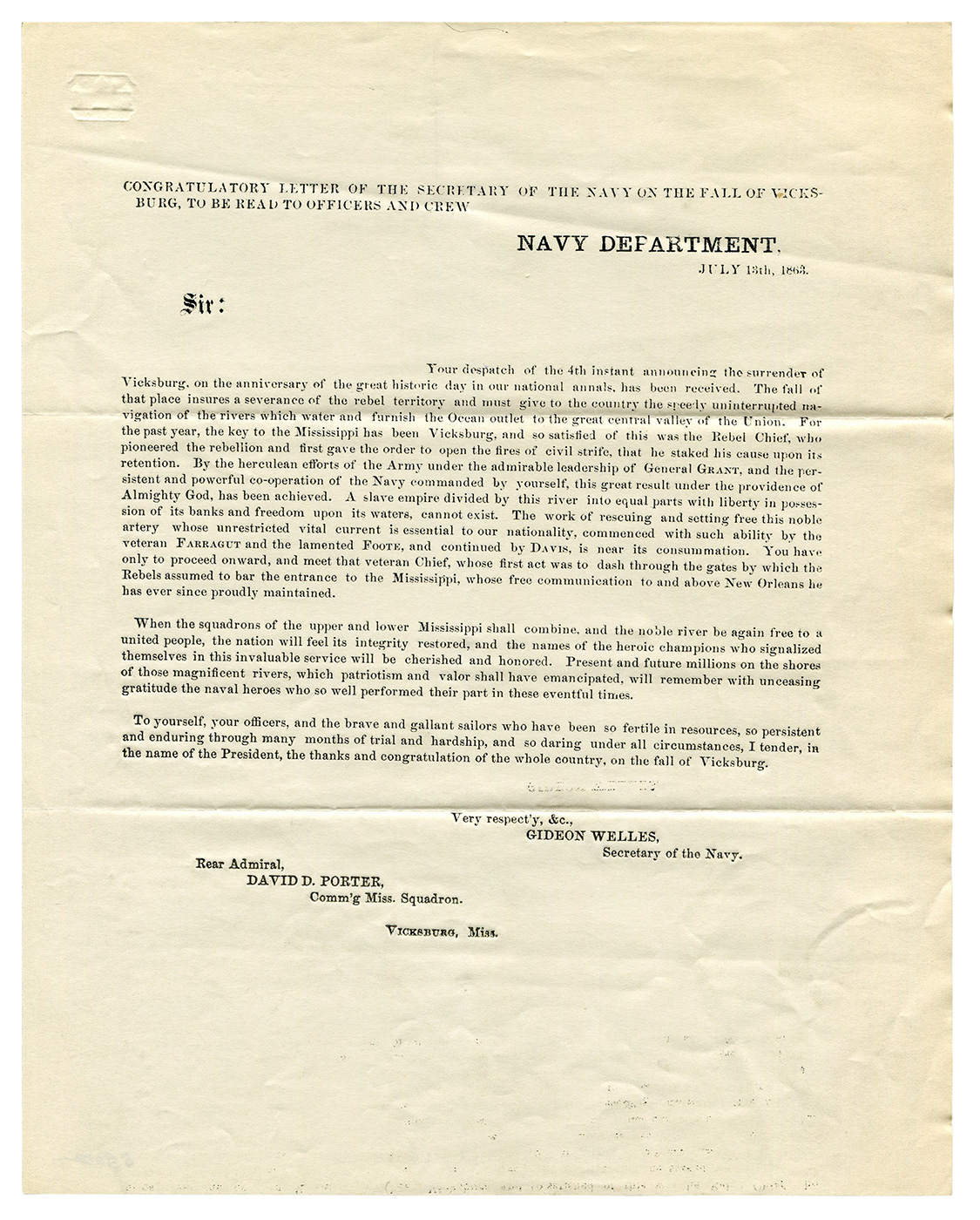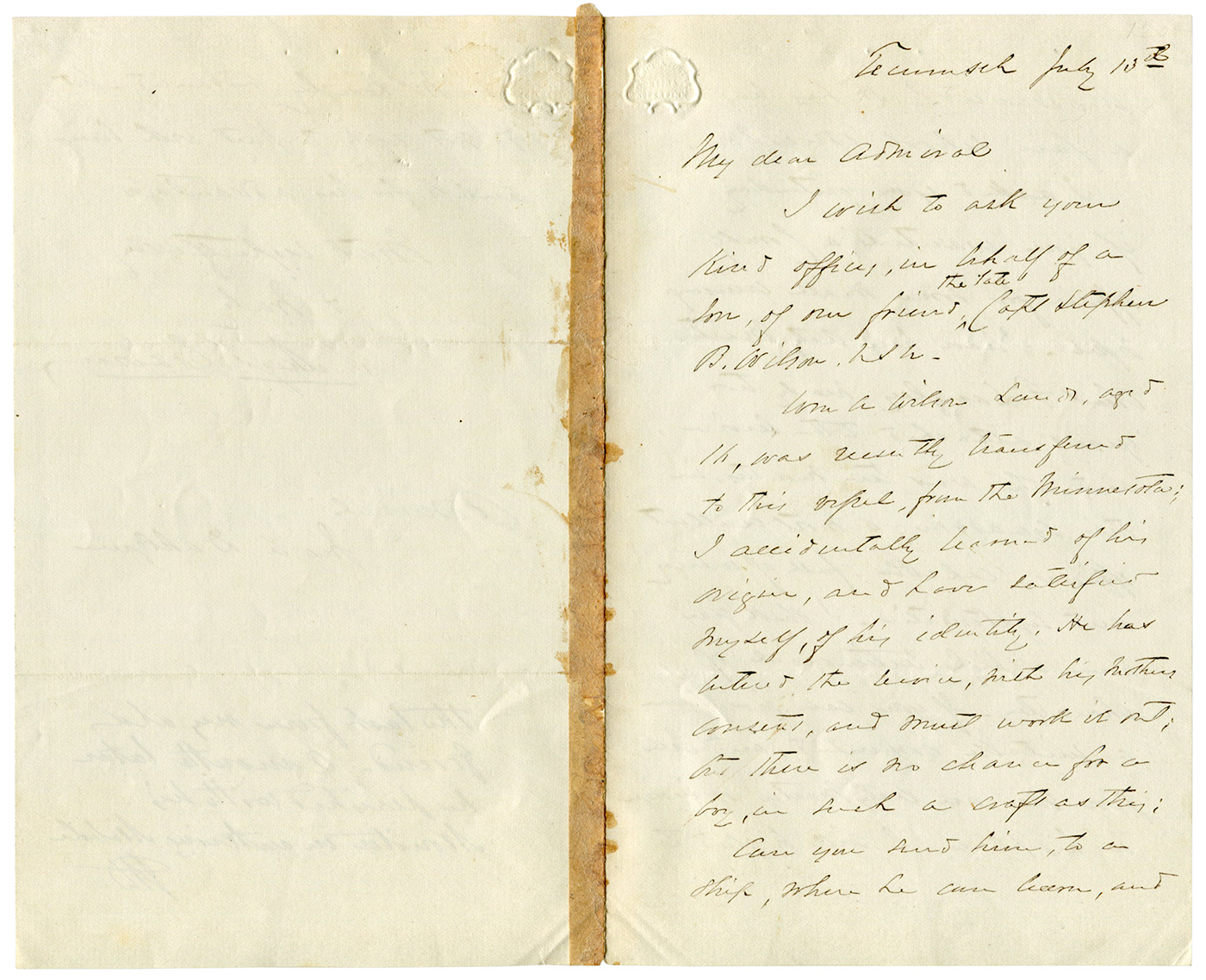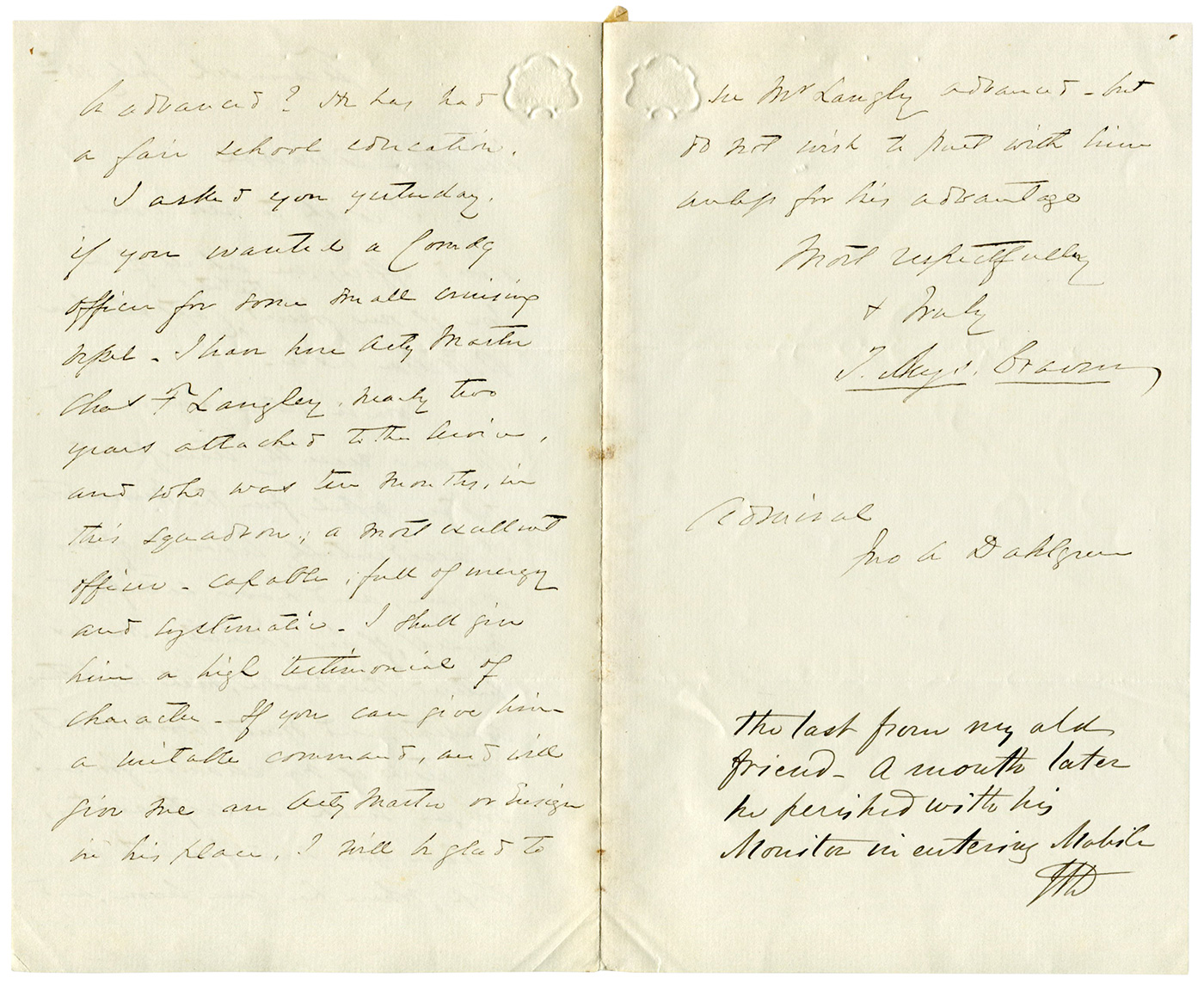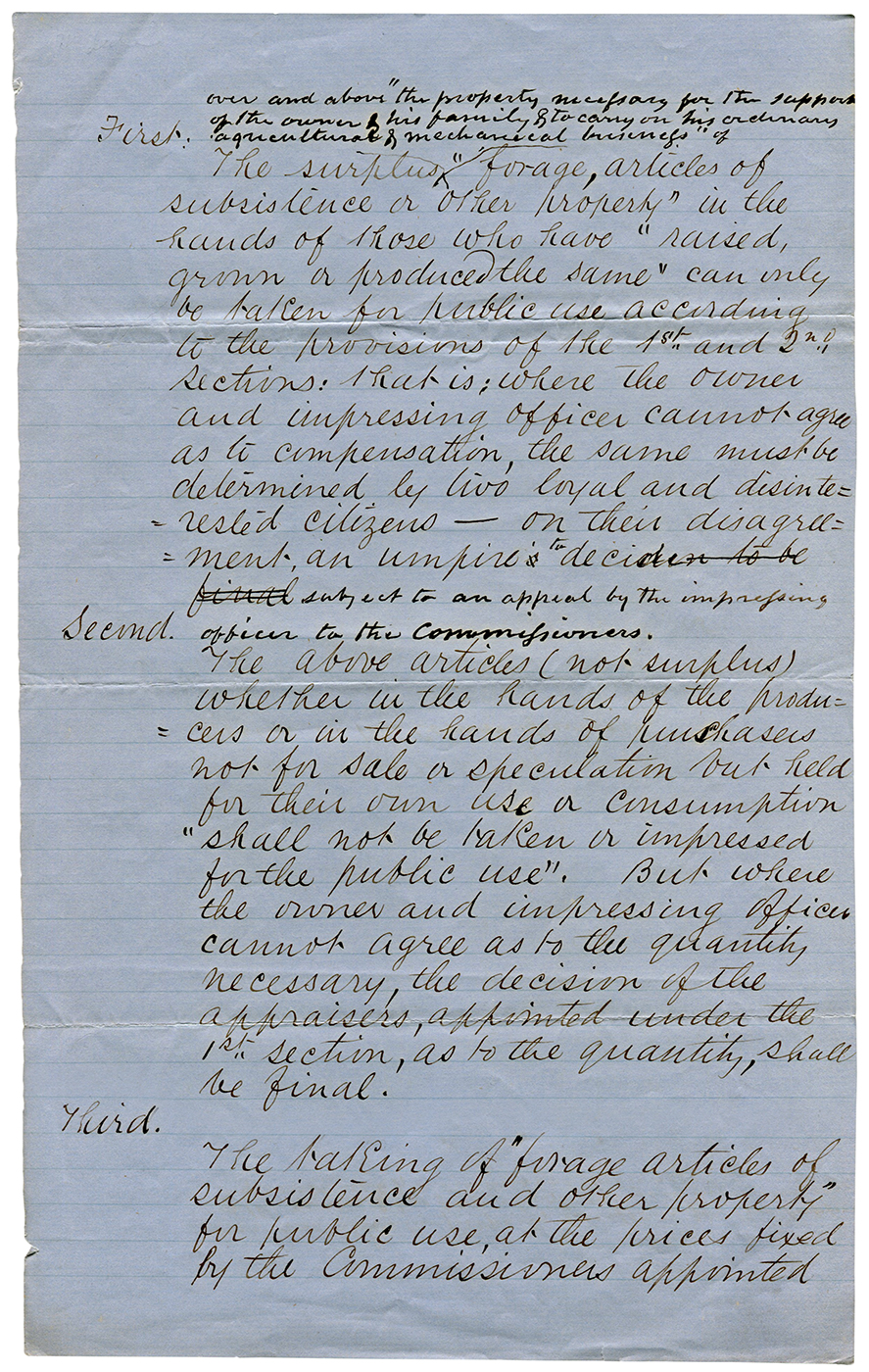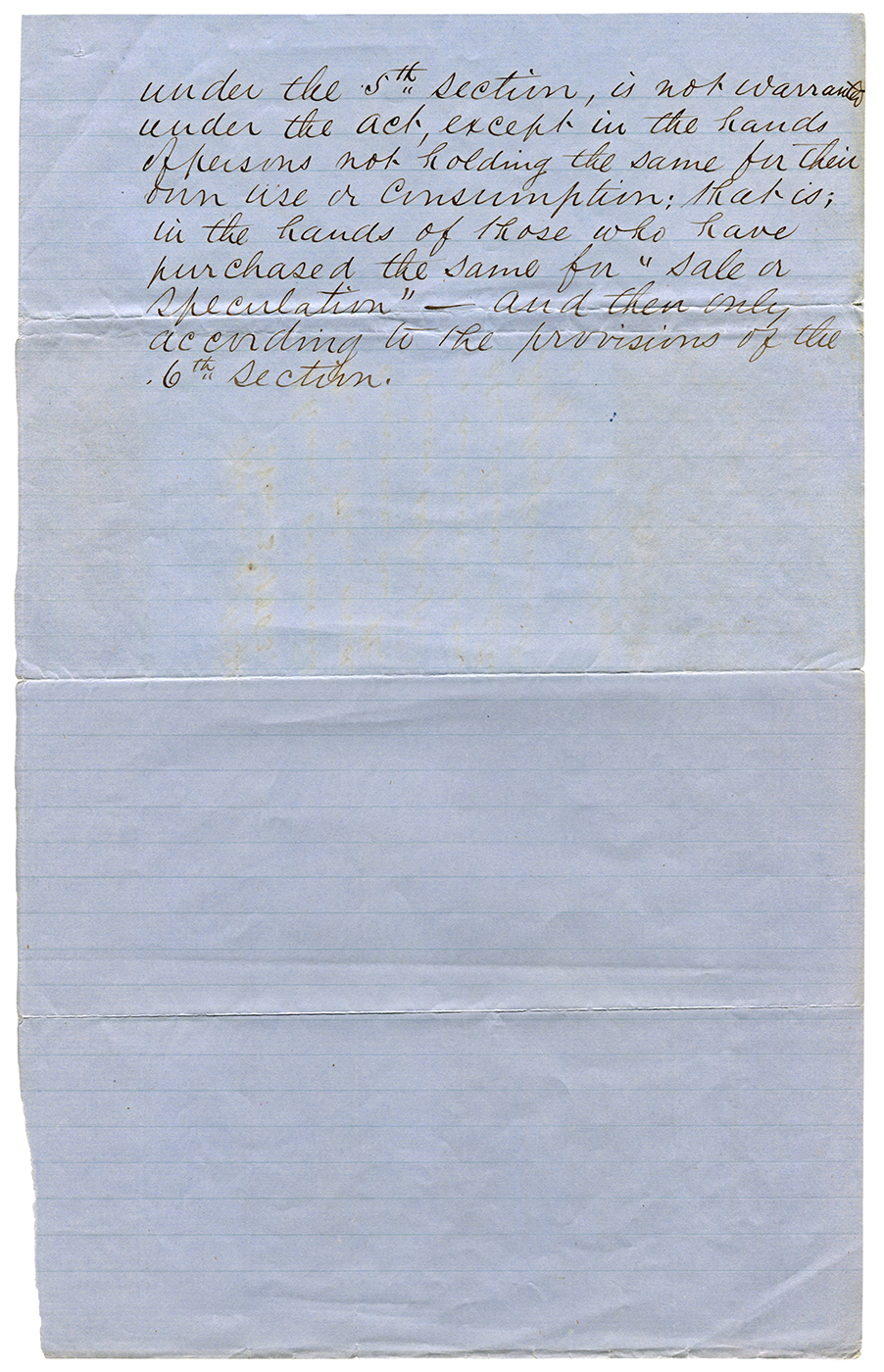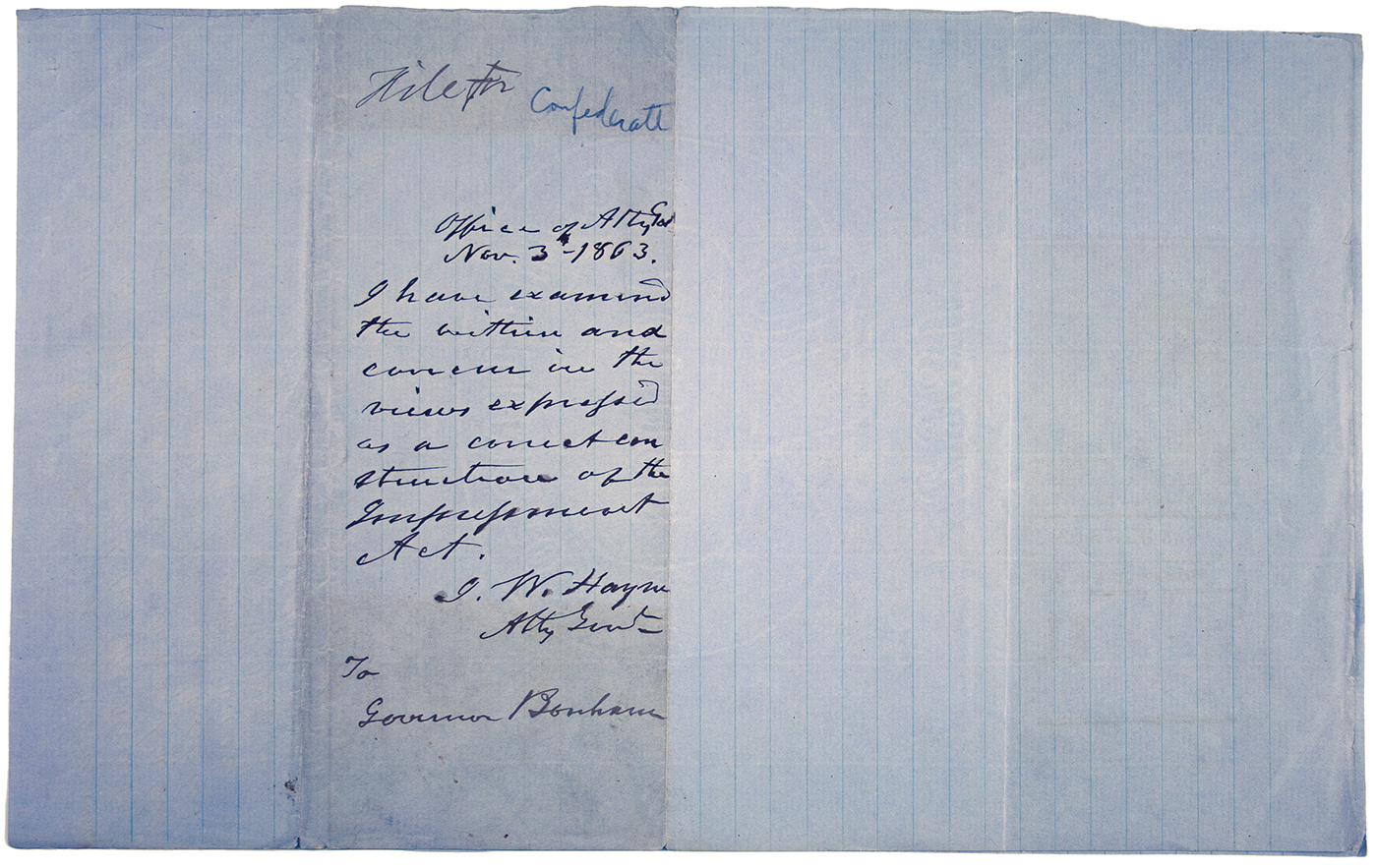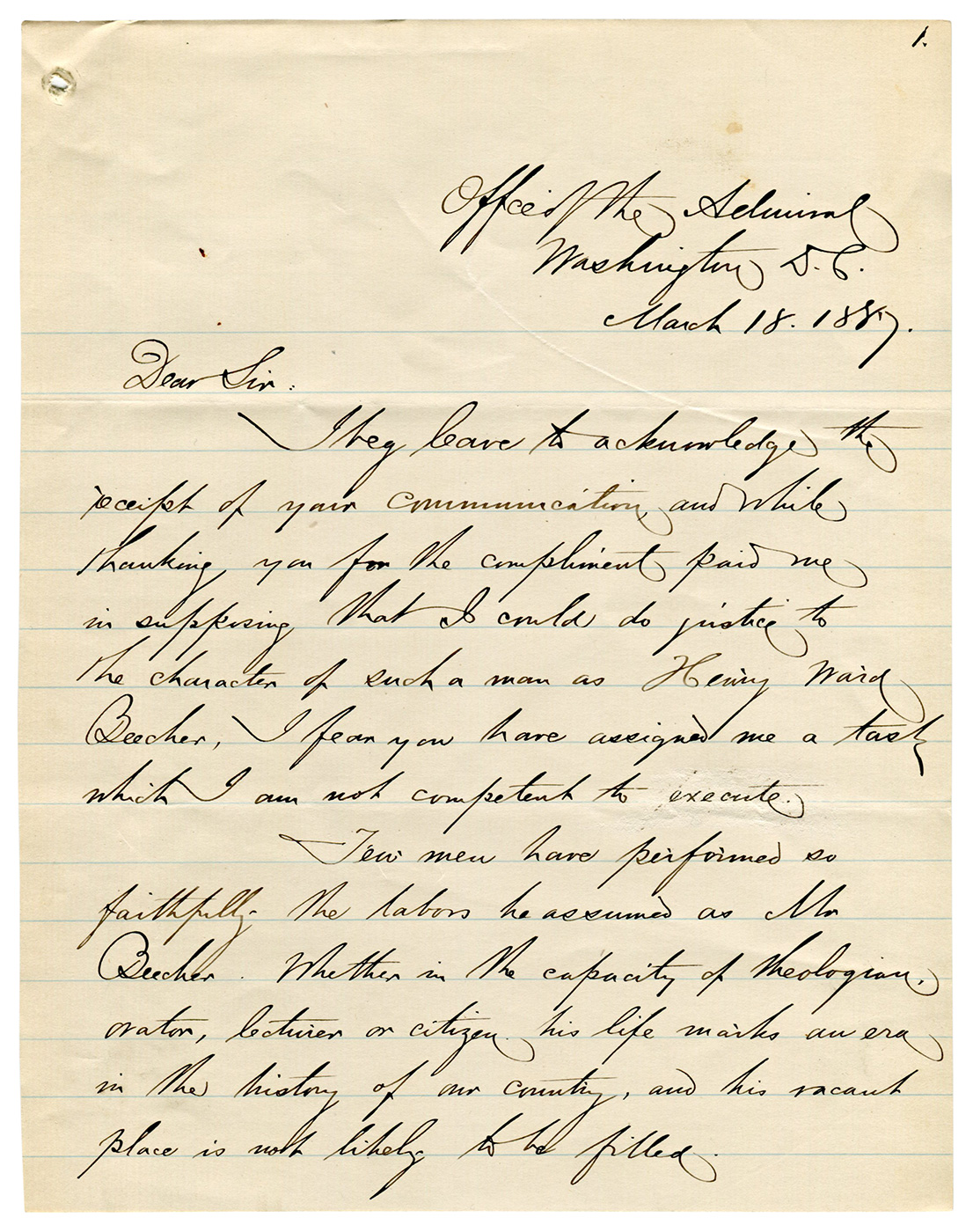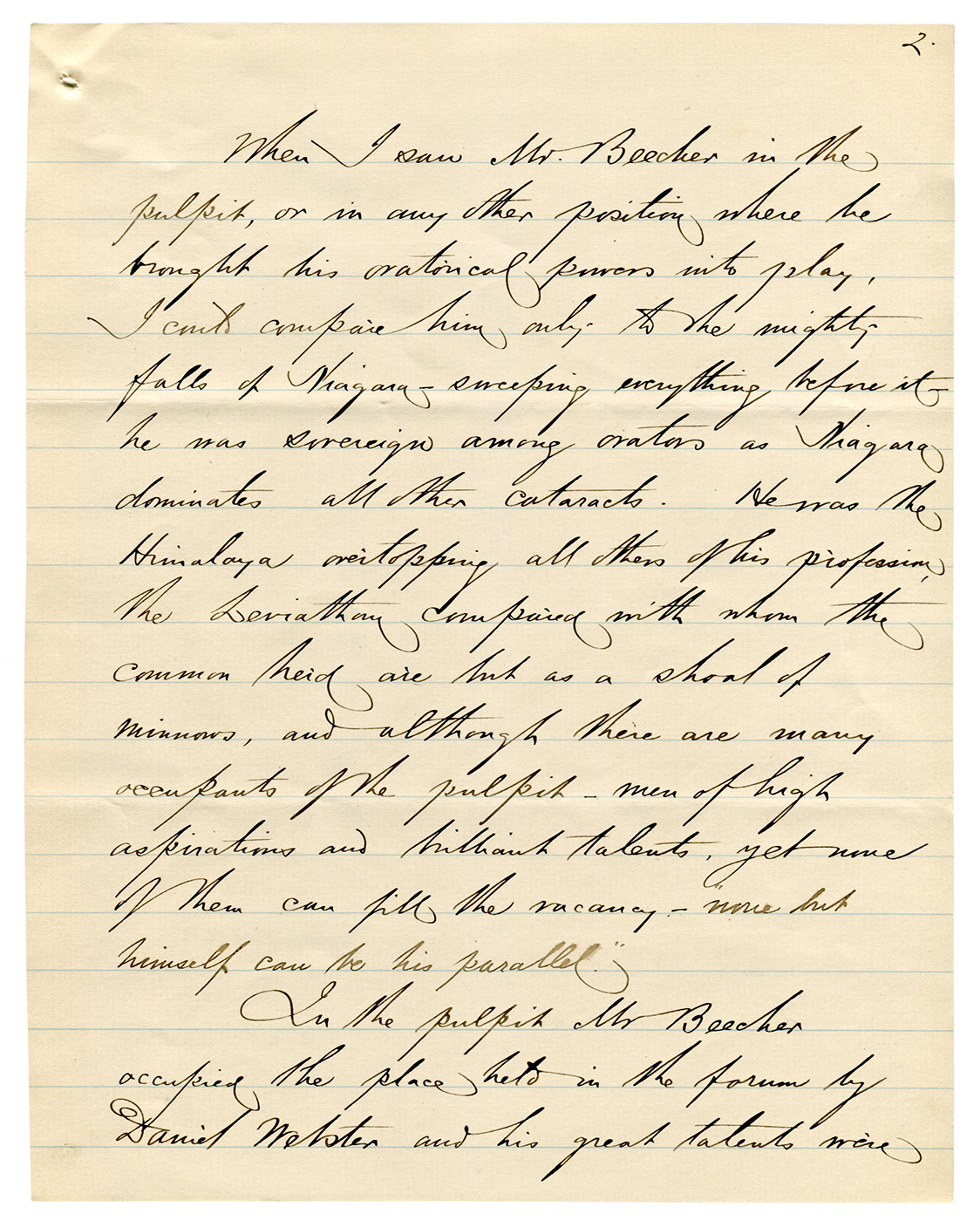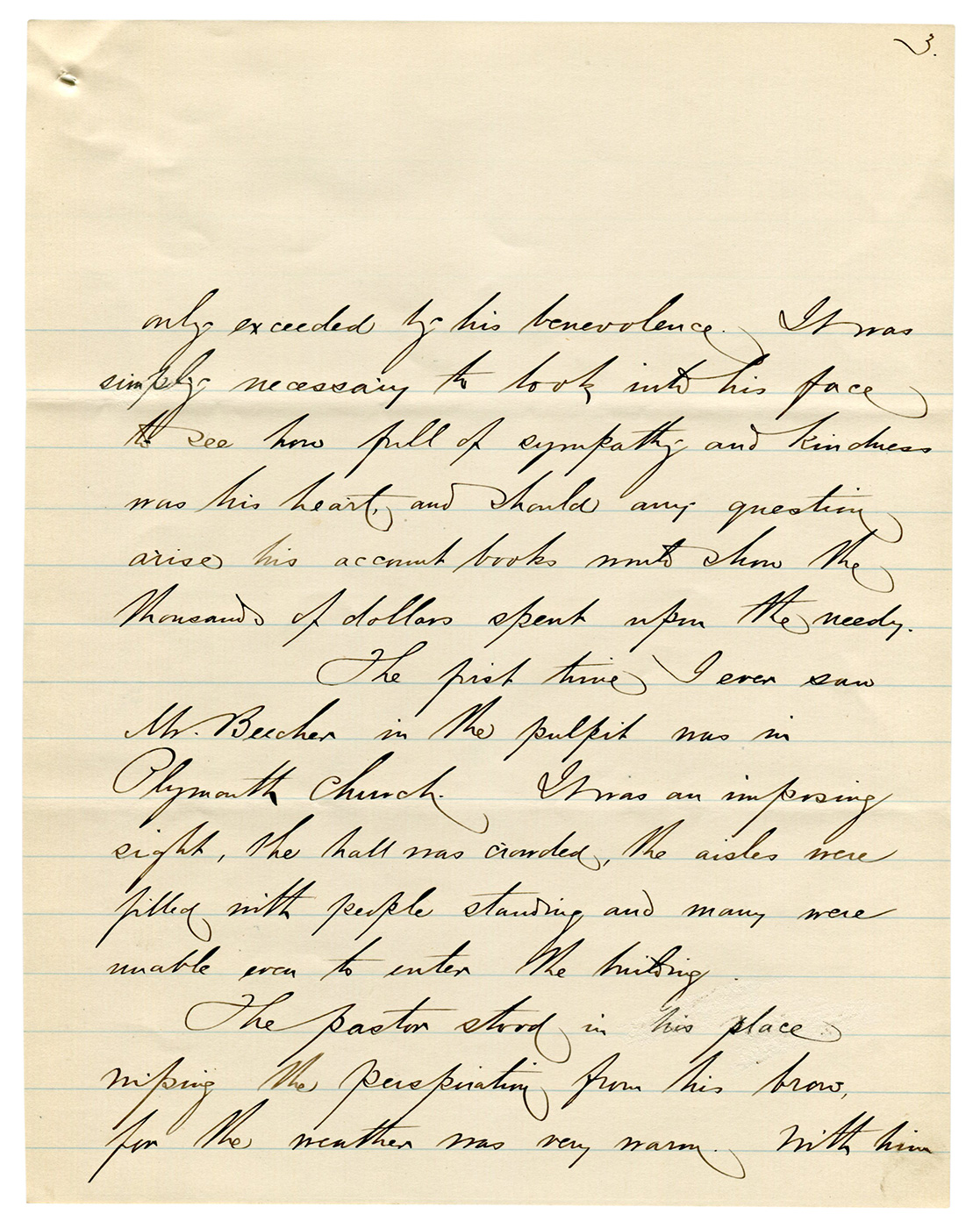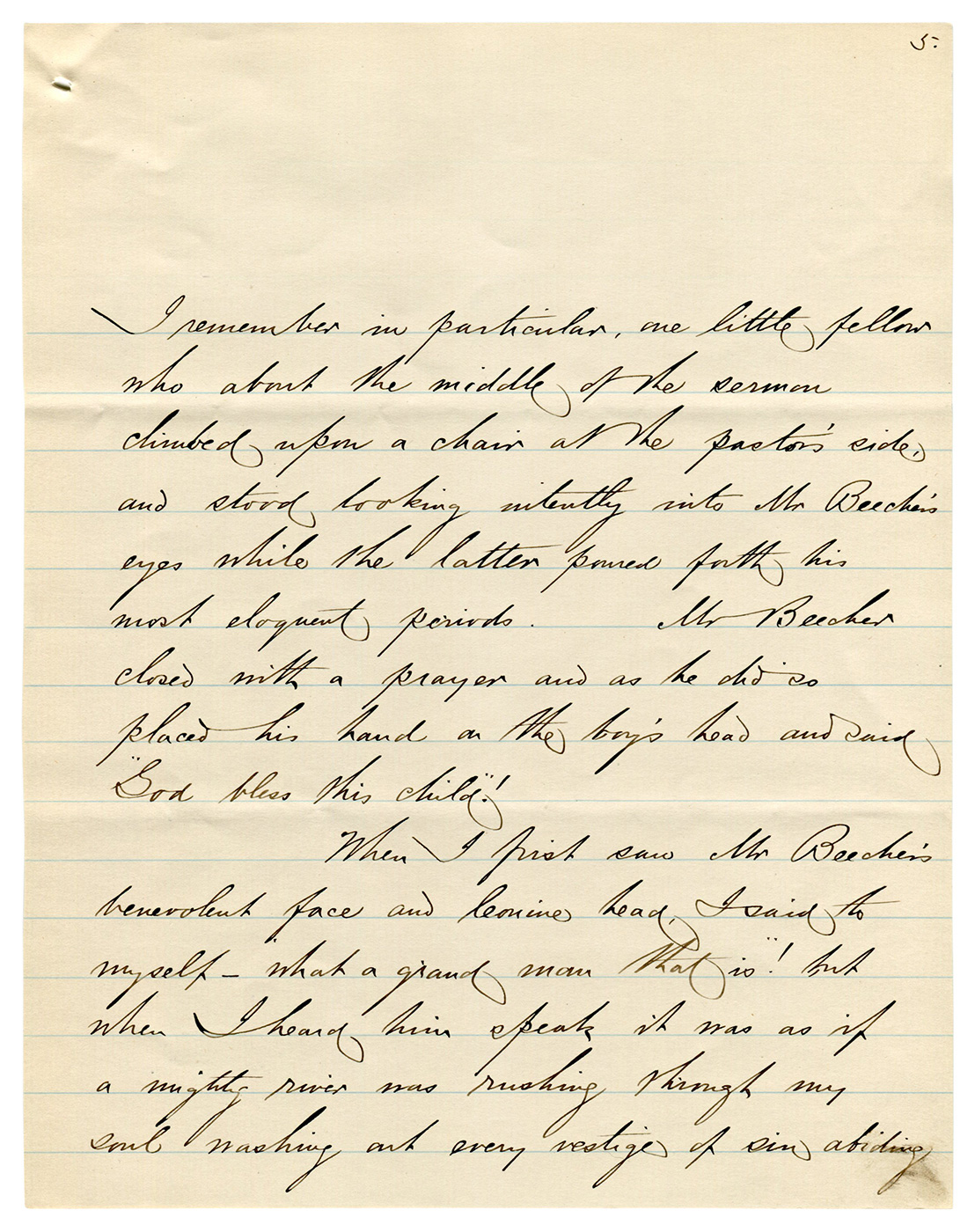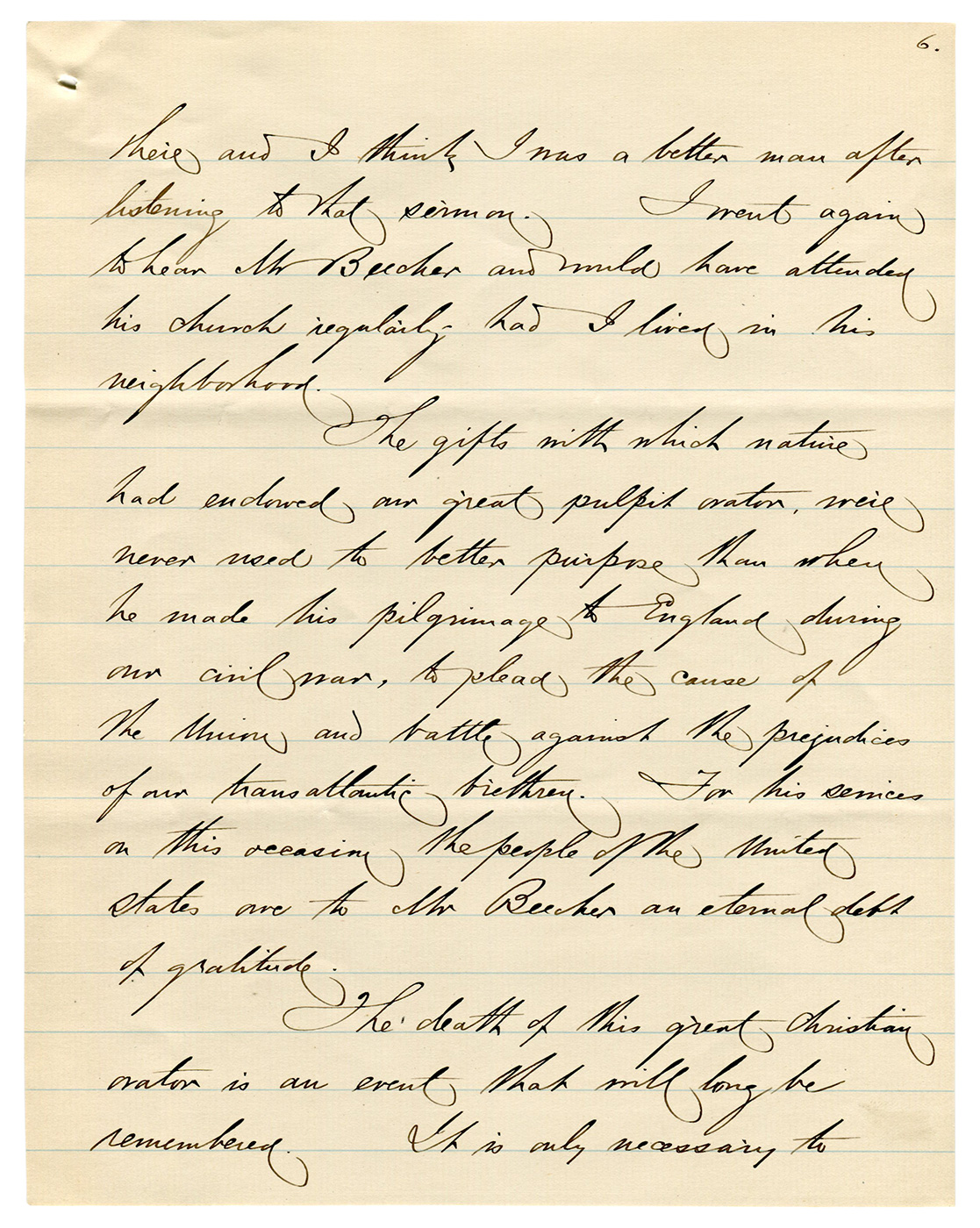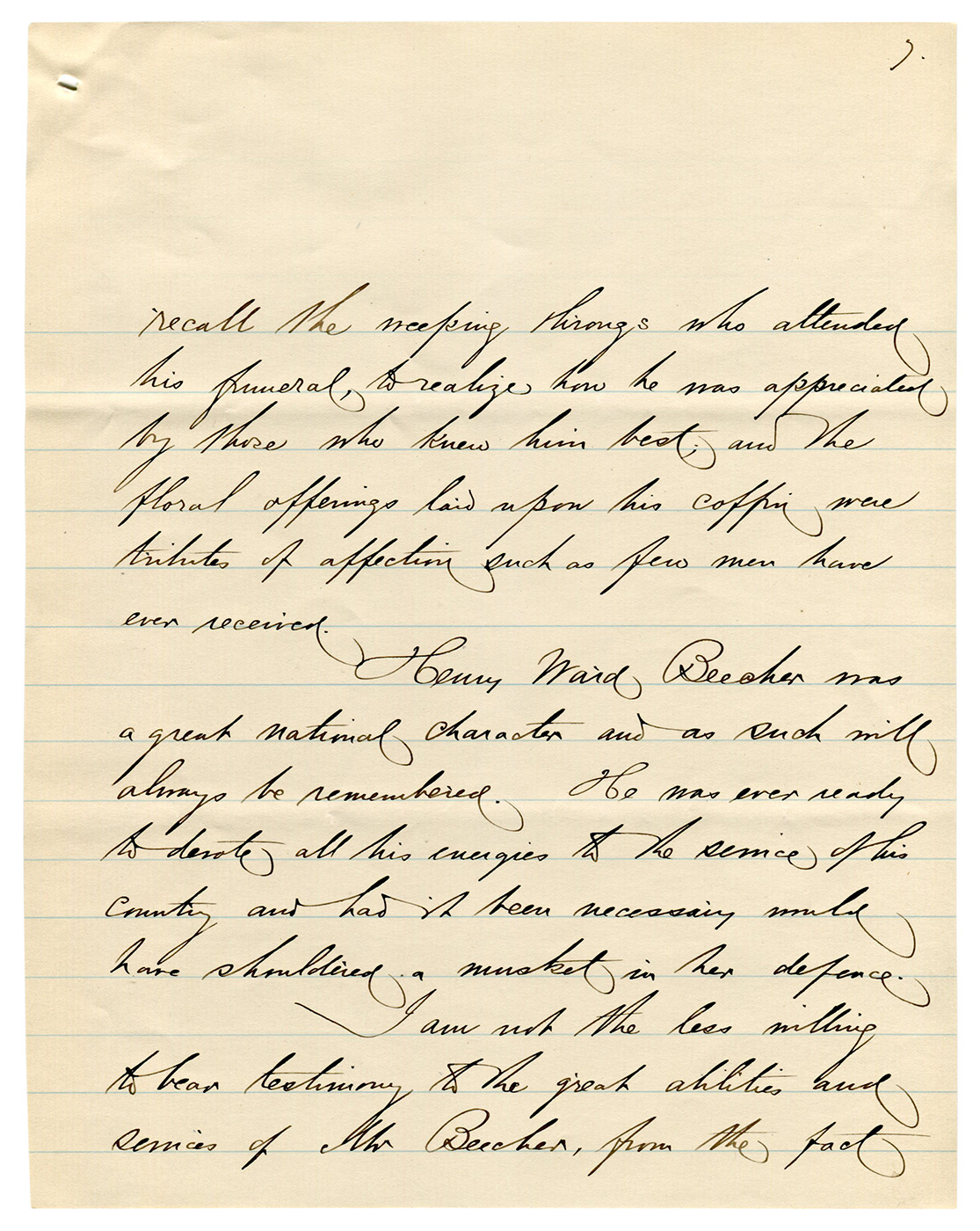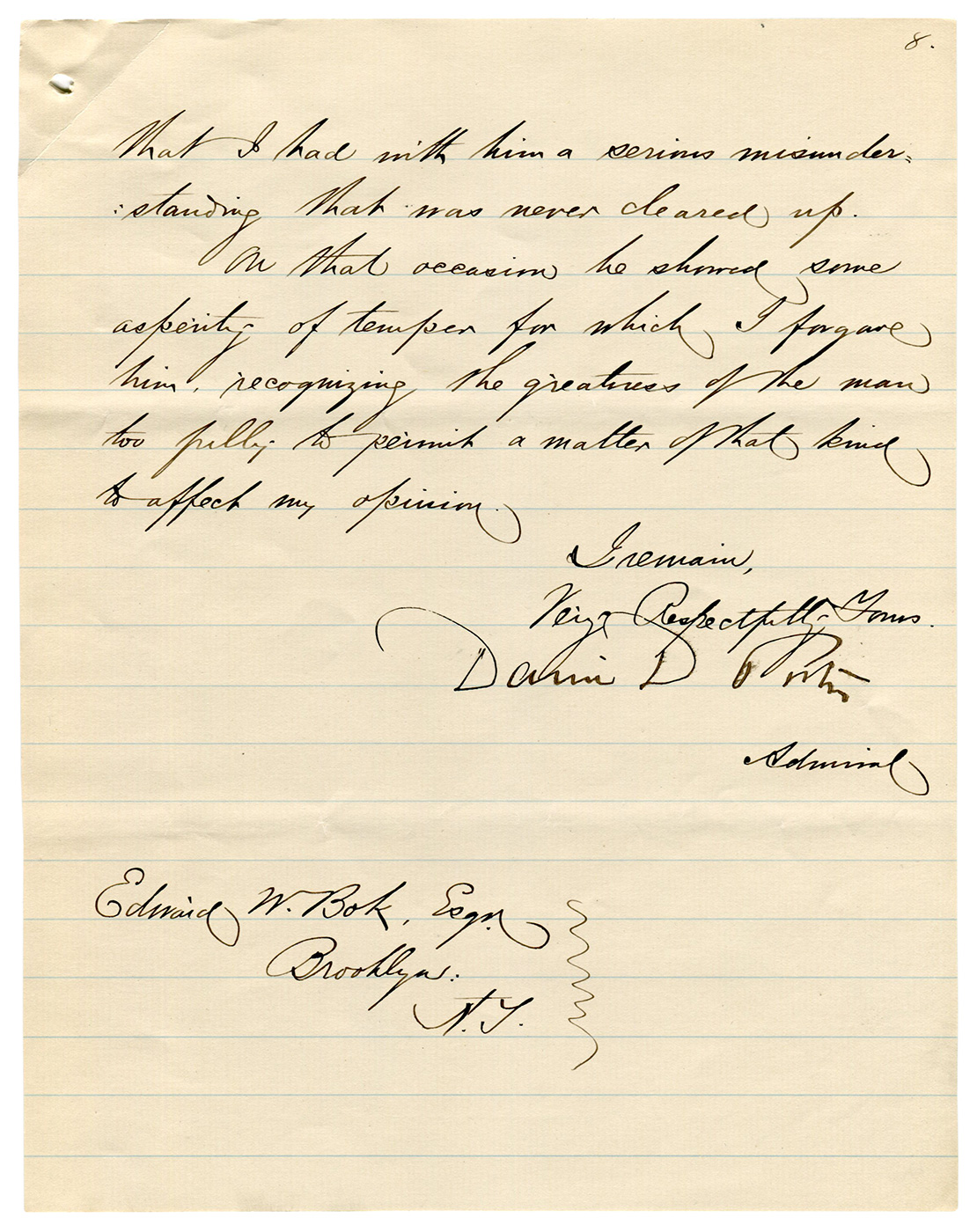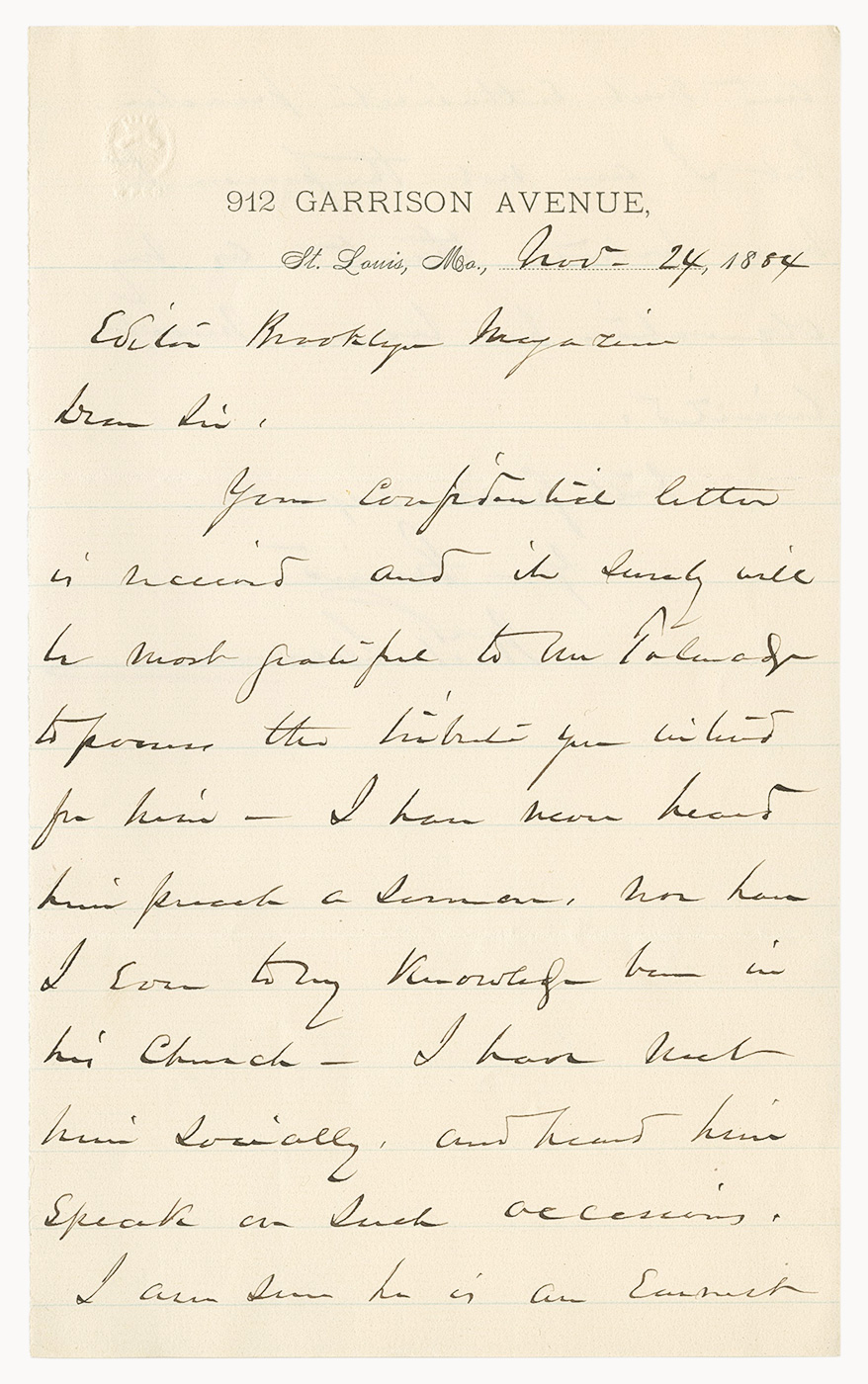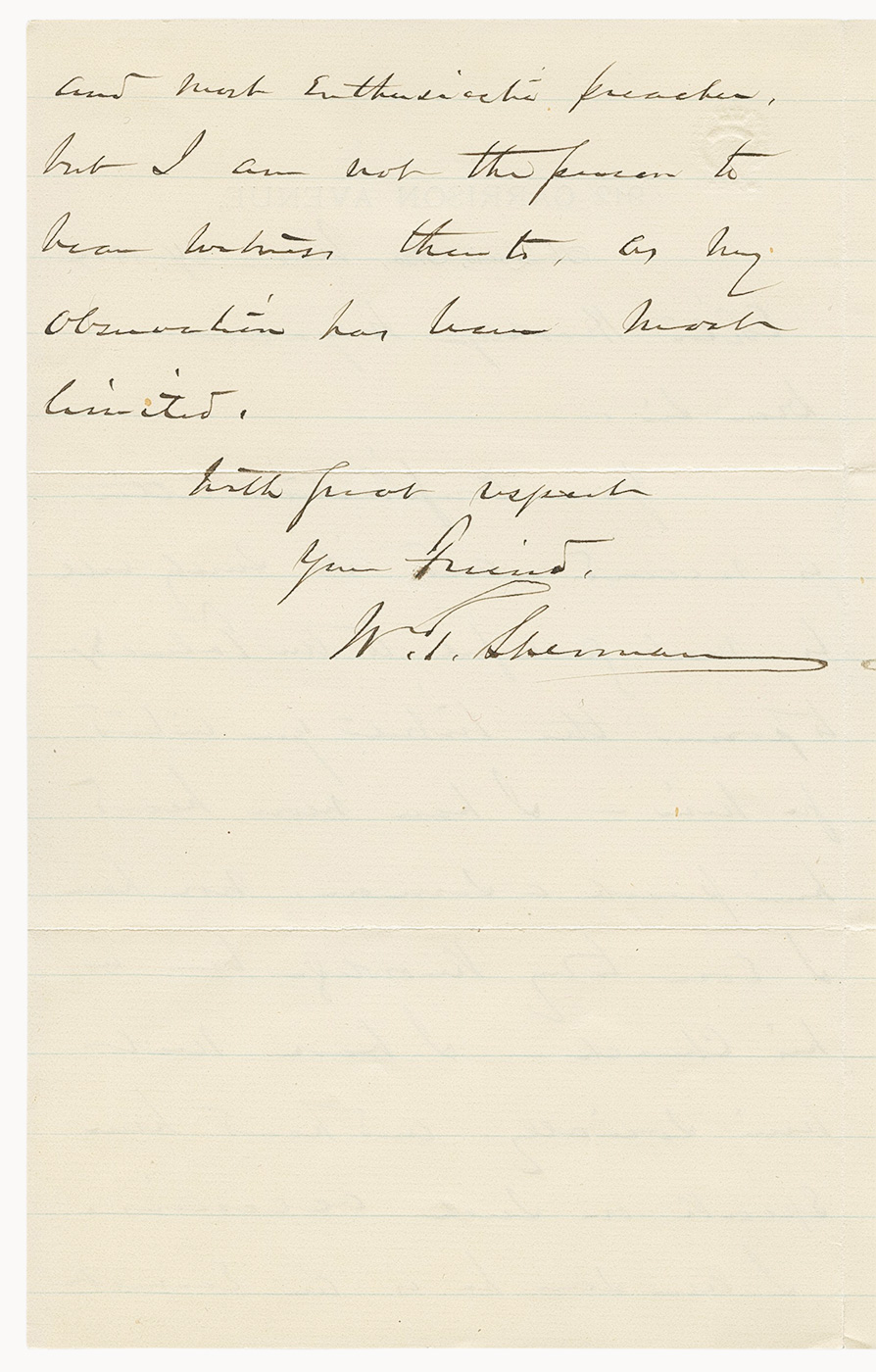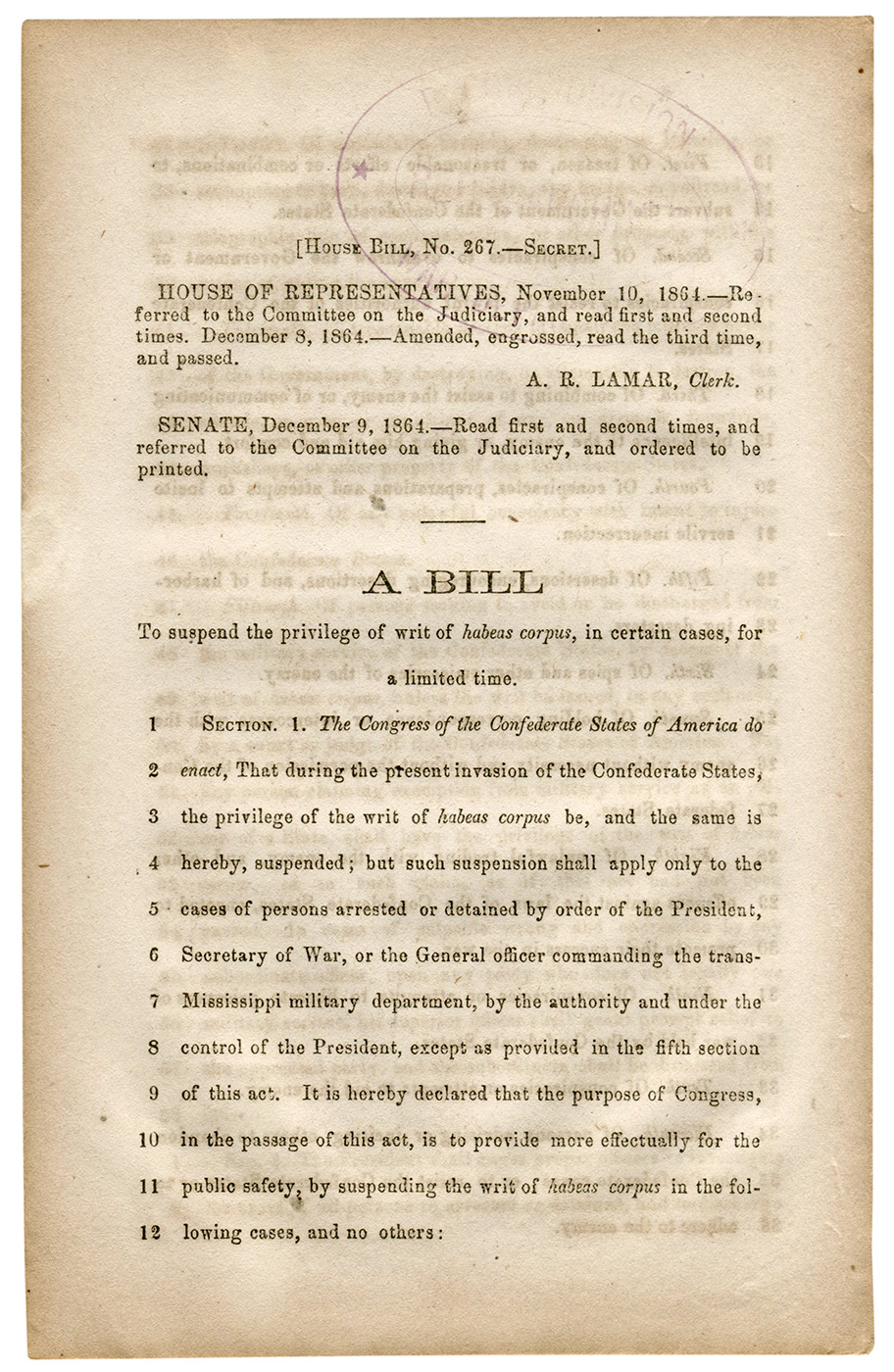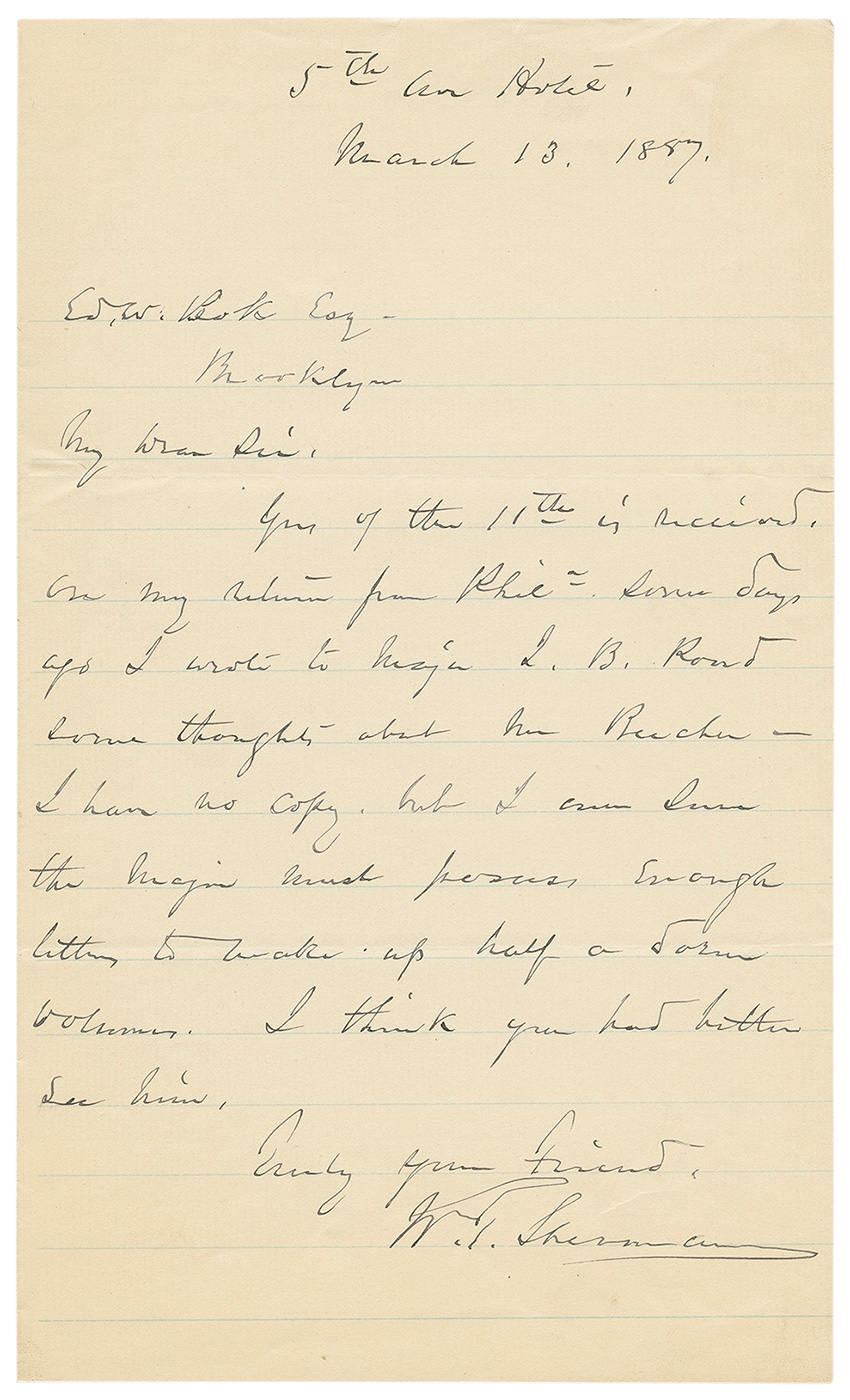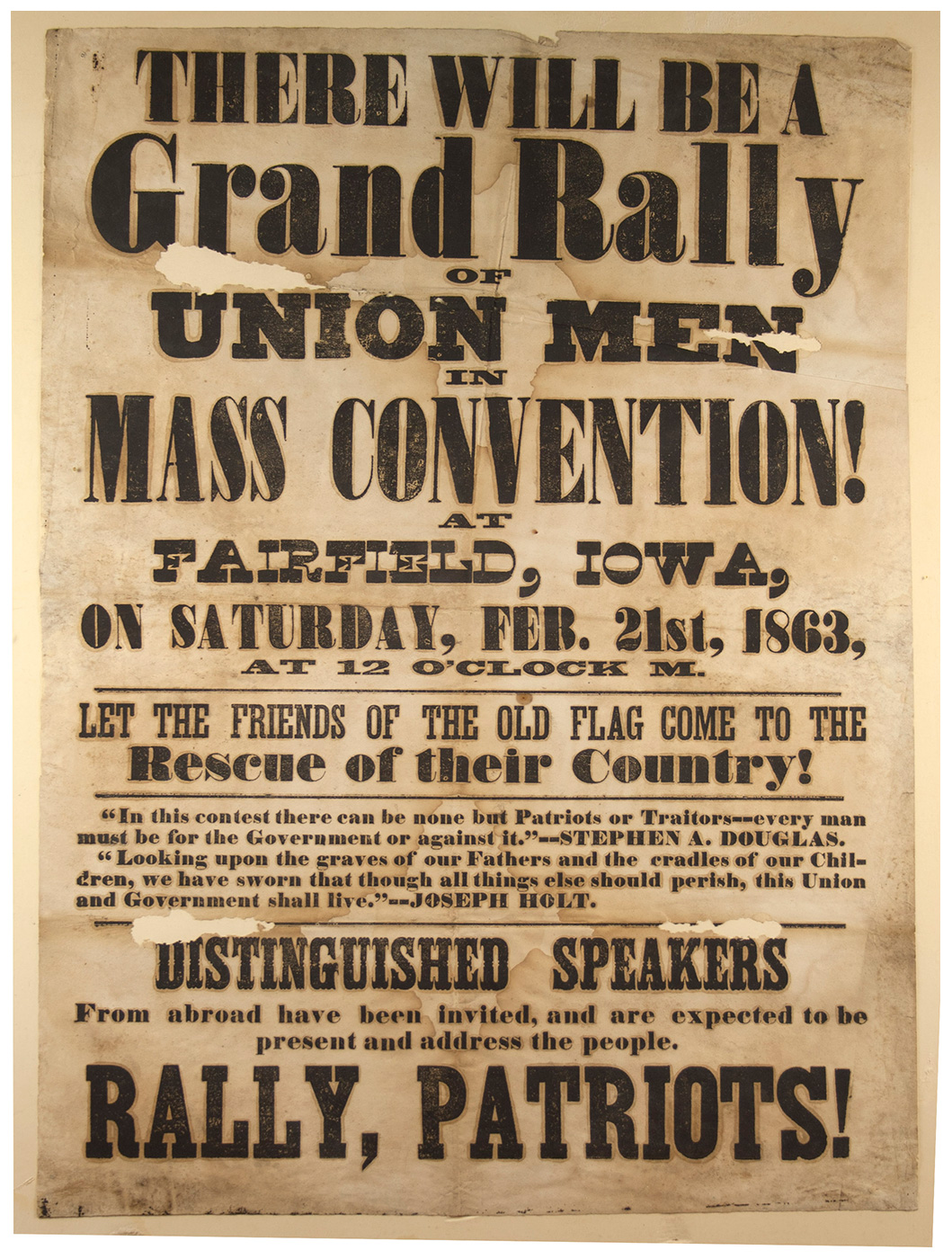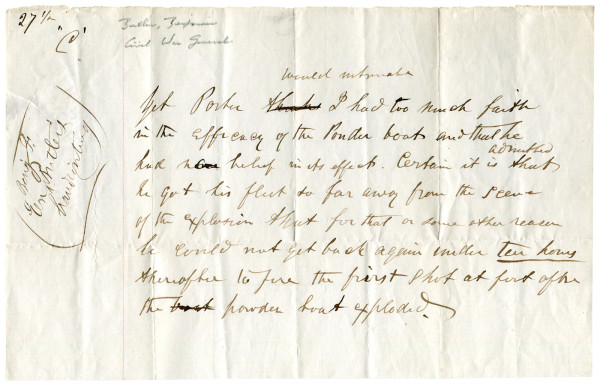A rare and unusual Soviet imprint on Karl Marx’s 1864 petition to Abraham Lincoln
Nationalization of the Land — Letter to President Lincoln, unpaginated, ([Moscow?], c. 1930), 5 leaves, 251 x 170 mm. (9 7/8 x 6 13/16 in.), the first two leaves bearing reproductions, the first: 300 x 194mm. (11 3/4 x 7 5/8) folded into quarters, the second: 170 x 112 mm. (16 13/16 x 4 1/4) folded into two leaves. All housed in unstitched titled paper wraps, first leaf separate and balance bound together though independent of the outer wrap.
A highly unusual imprint offering a reproduction of Karl Marx’s petition to Abraham Lincoln, on behalf of the International Working Men’s Party, composed in November 1864 and presented to Charles Francis Adams, the American Ambassador to the Court of St. James in January 1865. The balance of the work concerns Marx’s 3 December 1869 memorandum to English philosopher Robert Applegarth advocating his reasons for the abolition of private property. The volume includes a four page color reproduction of Marx’s draft memorandum to Applegarth as well as a five page printed transcript of the same.
The origin of this rare publication is murky. We have been able to source only two extant copies of this imprint one at the University of Kansas and the other at the Staatsbibliothek in Berlin (OCLC 56194628). The copy owned by Kansas is cataloged as possibly printed in the United States. However, the example in Berlin is cataloged suggesting a Soviet origin c. 1930. (The presence of stamps from the Marx-Engels-Lenin Institute in Moscow, visible in the reproduction of Marx’s draft letter to Applegarth is likely what informed this supposition).
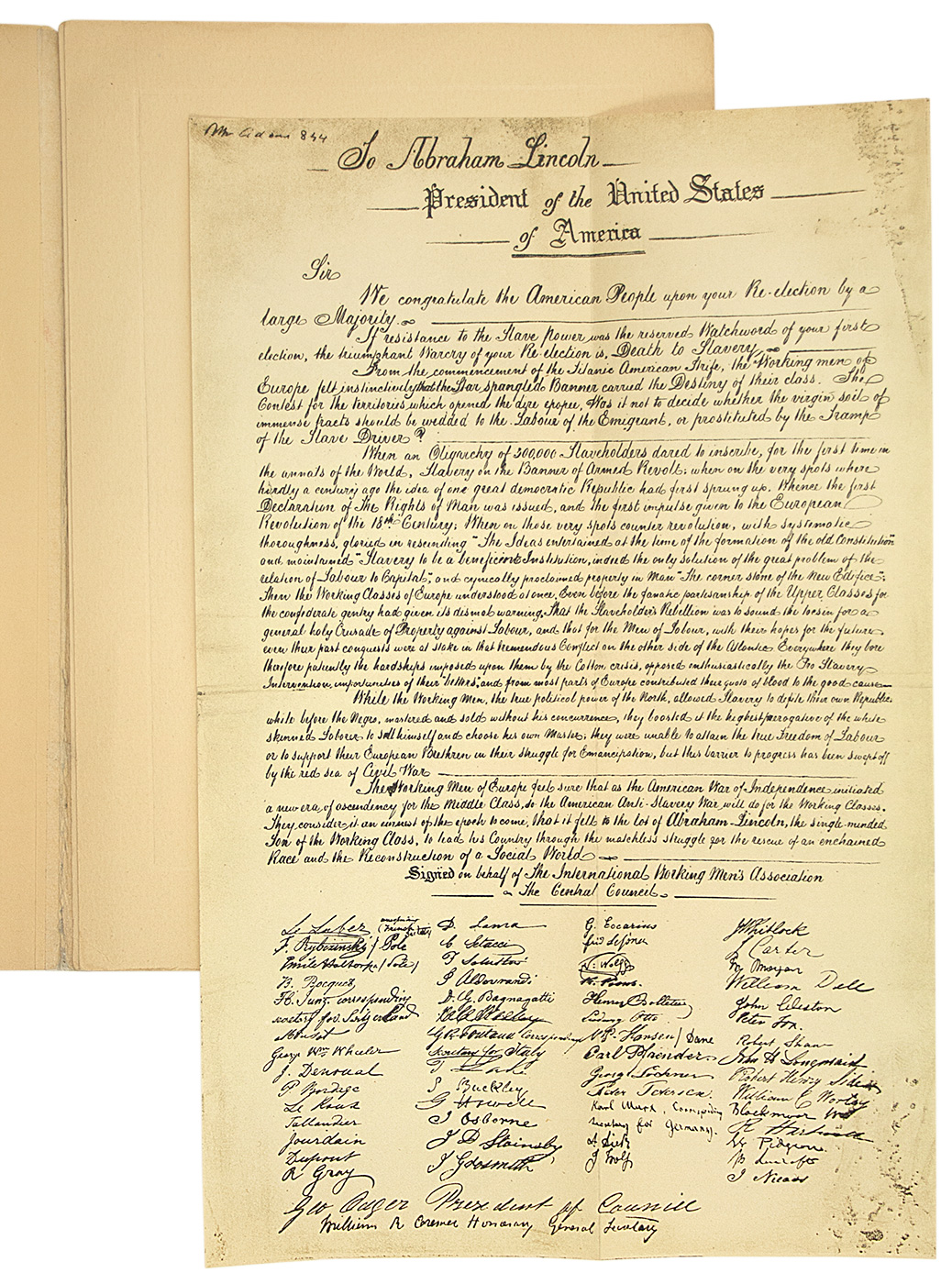
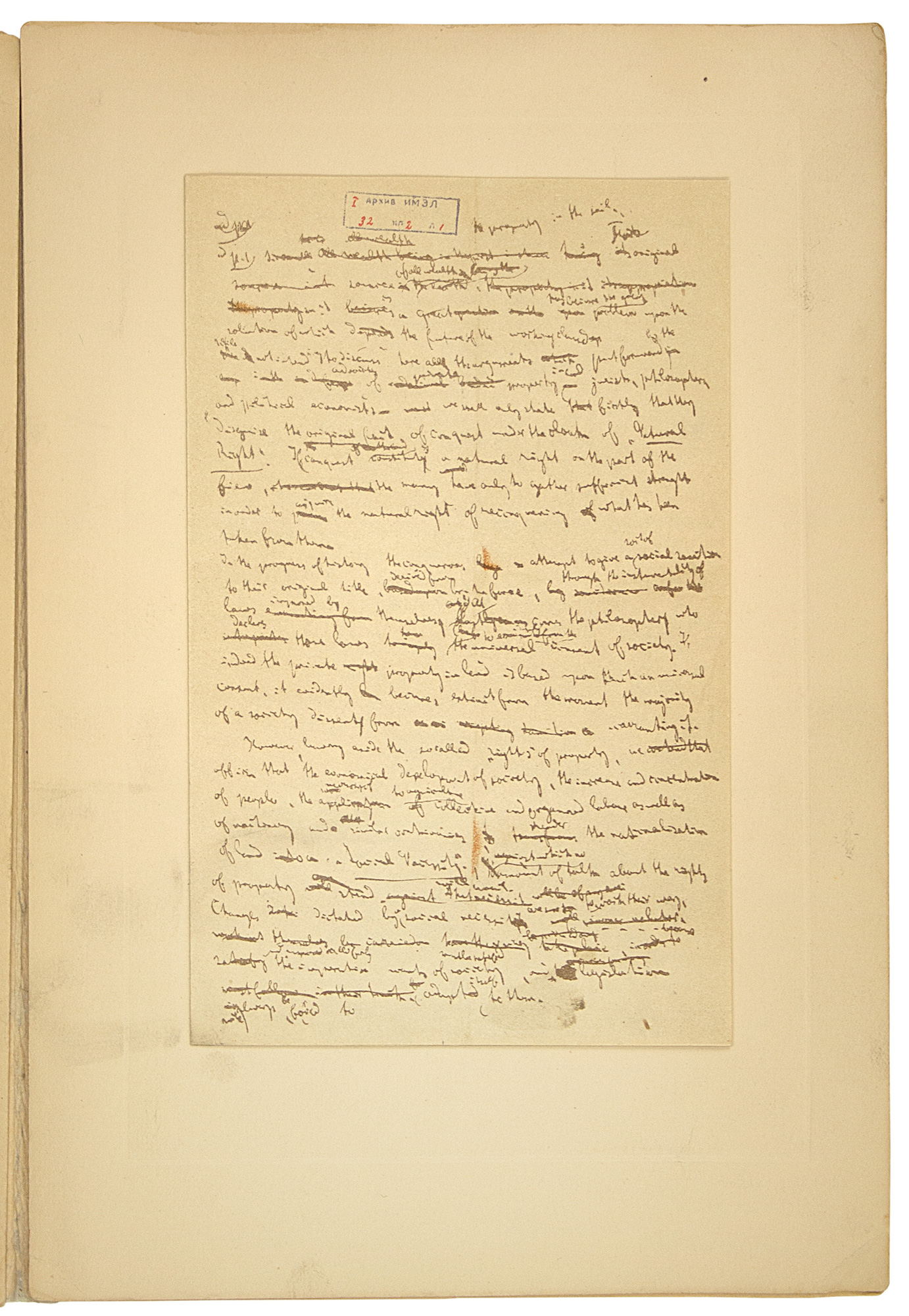
Corner creases and small tear to rear cover, light soiling to front cover, tear at bottom os spine neatly repaired, other light marginal wear, light toning, and some mild creases.
(EXA 5707) $1,200
